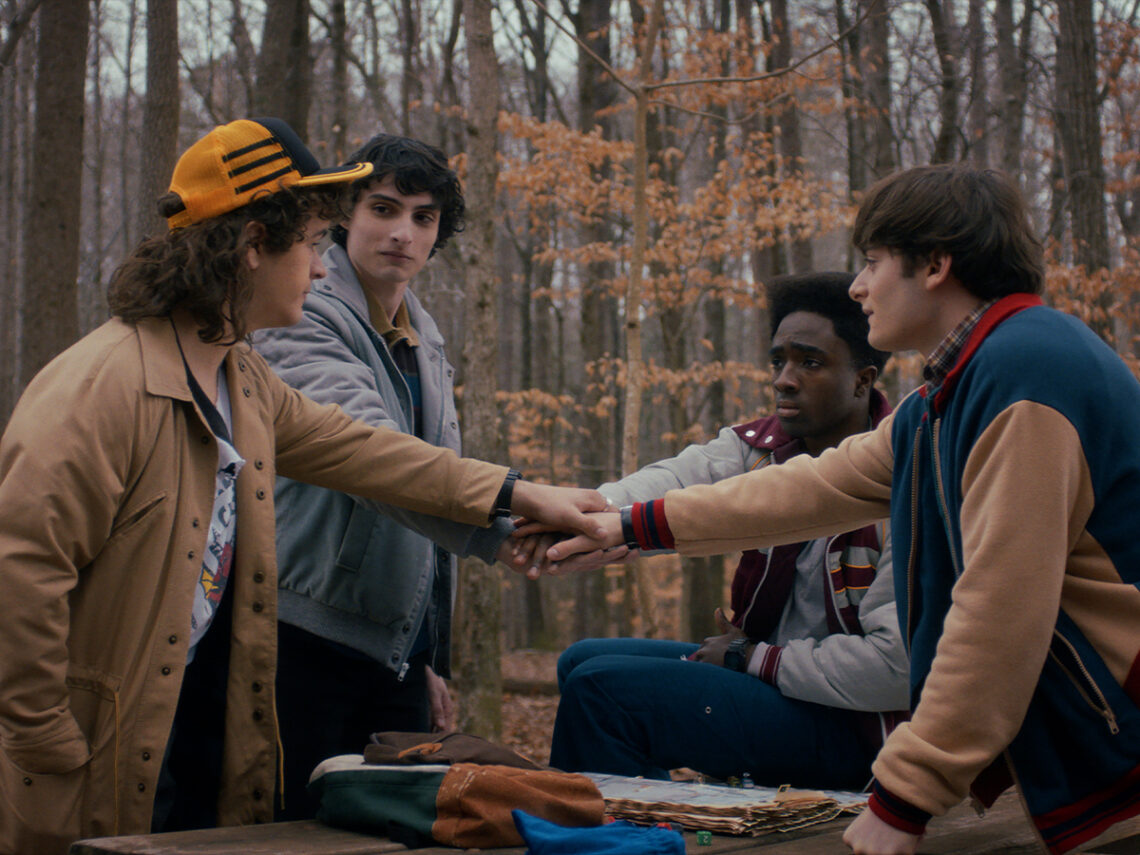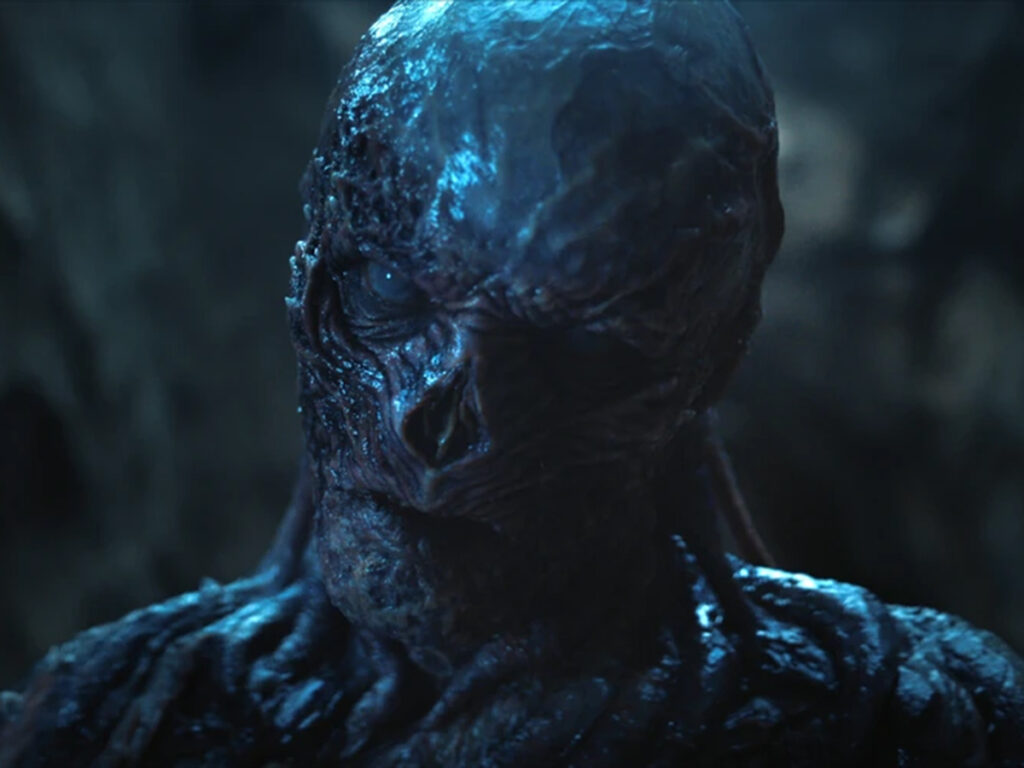
How ‘Stranger Things’ made nerd culture cool without watering it down
Imagine being a nerd in a small-town American high school in the 1980s. You love Dungeons & Dragons. You tinker with radios in your basement. You get more excited by comic books than by football games. Now imagine showing up at school with your detailed monster manual and a love for Morse code. You would not be winning any popularity contests. You’d be getting shoved into lockers. That’s the setting Stranger Things walks into.
The show does not sugarcoat the social hierarchy. The jocks rule the gym, the cheerleaders rule the halls, and the nerds, well, they are just trying to survive without spilling their lunch trays. But here is what makes Stranger Things different: it lets those very nerds run the show. And not in a makeover, “look-they’re-cool-now” kind of way. In a raw, unfiltered, beautifully awkward way.
From Season 1, Stranger Things places its heart in the hands of four boys who are everything the 80s considered uncool: sensitive, curious, socially awkward, emotionally intense, and deeply obsessed with fictional worlds. Mike, Will, Dustin, and Lucas are not fighting to be accepted. They are just trying to stay alive, and somehow, it is their nerdiness that ends up saving everyone, over and over again.
Take that moment in season two when Will is possessed by the Mind Flayer. He is tied up in a cabin, unable to speak freely. But what does he do? He taps out messages in Morse code on the wooden chair. The gang, who were used to decoding secret languages from their D&D days, pick it up instantly. That is not just a cool callback. That is a nerd skill as literal survival.
Or think about Dustin and his beloved ham radio, Cerebro. On paper, it is a dorky passion project. In the plot? It becomes a mission-critical device. It catches Russian transmissions. It connects the crew across state lines. And most importantly, it links Dustin to Suzie, who doesn’t just sing duets with him for laughs. She delivers Planck’s constant, which is the only way the team can unlock the safe and save the world.

These kids also built a full-on sensory deprivation tank in their school gym using salt, a kiddie pool, and a total absence of adult supervision. Why? To help Eleven find people stuck in the Upside Down. Because while the town was still busy pretending monsters were not real, the nerds had already moved on to solutions.
It does not stop there. They literally used Christmas lights to invent a communication system between two dimensions. They understood that blinking meant letters, that sequences meant meaning, and that signals, even unspoken ones, could save lives.
And then there is the biggest symbol of it all: Dungeons & Dragons. The game they are mocked for in Episode 1 ends up being their most powerful tool. They use it to understand threats. To name them. The Demogorgon. The Mind Flayer. Vecna. These are not just fun references. They are survival systems. Frameworks for danger. While the adults are running around confused, the kids are mapping monsters.
What Stranger Things gets so right is that it never tries to “fix” the nerds. It does not put them in cooler clothes, give them dramatic glow-ups, or strip away their weird little habits. It lets them cry, obsess, panic, and overthink. It lets them be scared. And still, it trusts them with the most important jobs. And that is what makes the characters so real and relatable. The show says: you don’t need to change who you are to matter. In fact, exactly who you are might be what saves everyone.
Plenty of shows have played with nerd culture. Some make it funny (The Big Bang Theory), others make it aspirational (Marvel). But Stranger Things makes it emotional. It honours the anxiety, the social exile, and the loneliness and then turns it into strength.
And let’s not forget that all of this is set in the 1980s, a time when being nerdy wasn’t cute or ironic. It was brutal. You were the target. But the kids of Hawkins? They survived. Not in spite of their weirdness but because of it.
In the final seasons, when everything spirals from Vecna’s visions to real-world breakups and betrayals, it is still the nerds holding the line. They’re the ones thinking ahead. Piecing together clues. Building the traps. And refusing to give up, even when no one else understands what’s really going on.
Because at the end of the day, Stranger Things never laughed at the nerds. It gave them the keys to the world and let them build a better one.